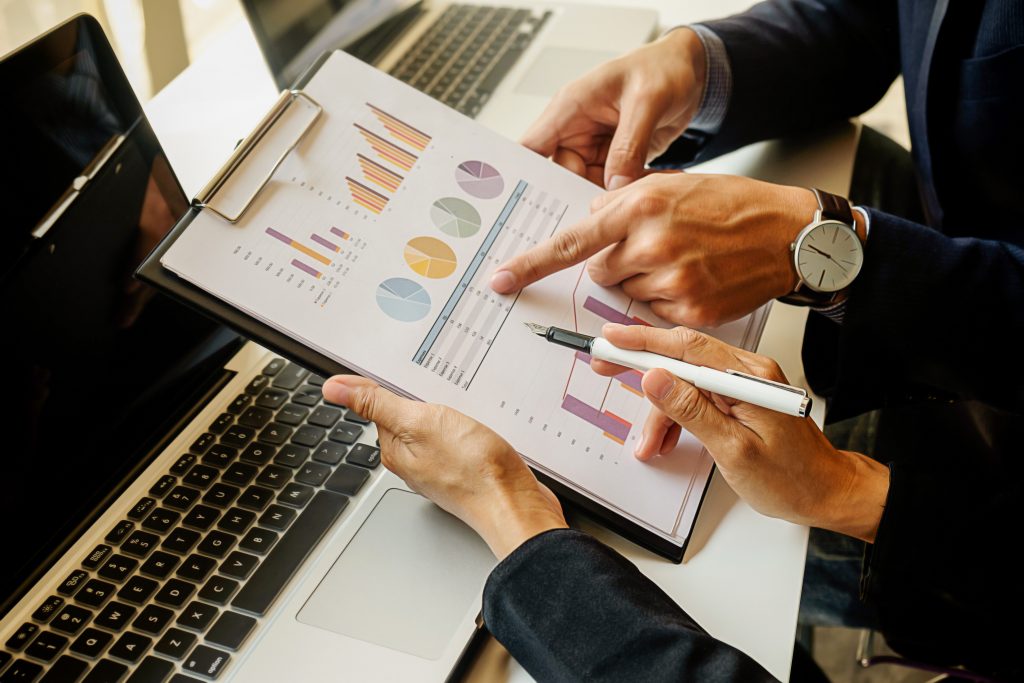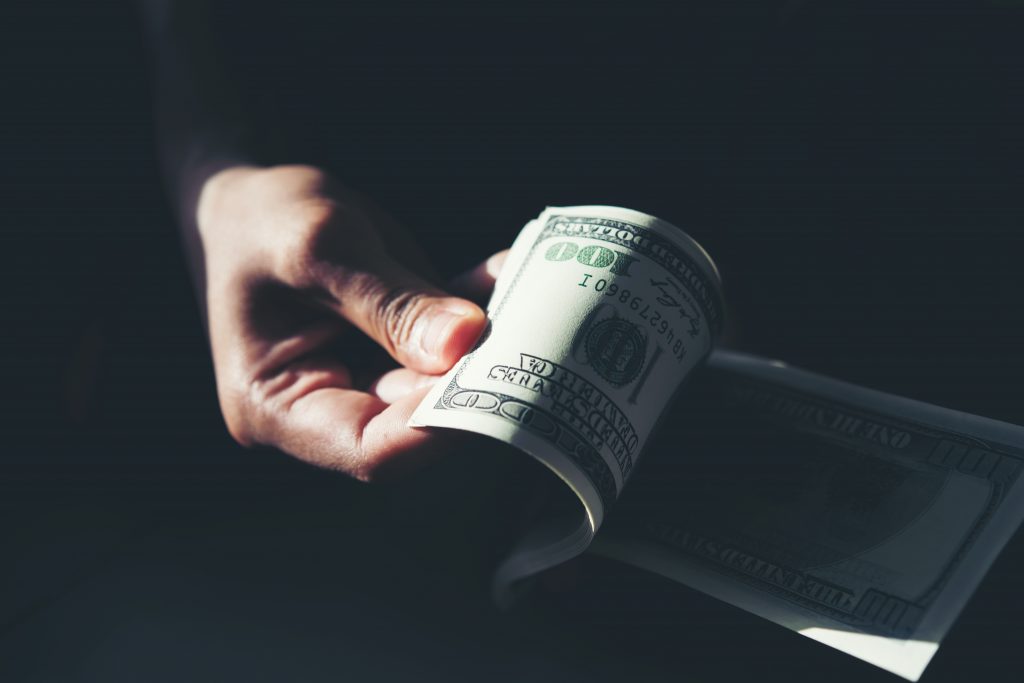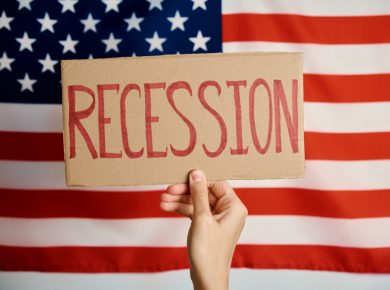What Is Personal Money?
Personal finance is the critical planning and management of personal finance-related activities. It Involves making, spending, saving, investing, and protecting money. Overall Managing personal finances can be summarized in a budget or a financial plan prepared for the future. This guide will help you to analyze the most common and essential aspects and basics of personal financial management.
Basics Of Personal Financial

Budgeting
Learning to budget and balance your bank account can be difficult. Ensure that what comes out of your account every month does not exceed what you are earning. However, holding on to it – and just hoping everything will work out.
Bankruptcy could occur before the end of the month. Overdrafts and credit card debt and prevent you from achieving your savings goals.
You can quickly handle your finances by reading your statements for the past few months and making a list of your monthly income (after taxes) and your monthly payment.
It can be helpful to divide spending into categories that include basic needs (e.g., rent, resources, groceries) and optional use(Examples include shopping, vacationing, and watching Netflix.) To get a better idea of where your money is going, every day, you may want to keep track of how much money you spend for a month or more with a diary or an app on your phone.
Cutting Costs
After you have successfully created a basic budget, you will better understand where your money is going and where you can cut costs. This might be as simple as reducing some of the small expenses that can build up. However, for some, it may mean taking a closer look at spending money to make deep cuts to create a wide gap between incoming and outgoing monthly. This is a significant segment of Personal Finance.

For example, some of the small variable costs you might consider eliminating include unnecessary subscription services or recurring memberships that you do not use. On the other hand, significant reductions may result in the repayment of your mortgage loan or the cancellation of entire disposals, such as eating out.
Creating an Emergency Fund
Your car’s breakdown is unpredictable. or when you will take an emergency trip to the dentist. In addition, if you do not have a savings account for your life, you could risk credit card debt with high-interest rates, or you could not pay your debts.
You may want to start setting aside money each month to create an emergency fund to avoid this. The general rule is to keep three to six months of basic living expenses set aside in a separate savings account.
It would be good to choose an account where money can earn interest, but you can easily access it if you need it. Good options include a high-yield savings account, an online savings account, or a free bank account.
Getting Out of Debt
Someone who puts debts down to see what debts they should pay off
Even after making a reasonable budget and cutting back on unnecessary expenses, you may still find yourself in debt. Using a loan and taking out a loan on your own is not a bad thing, but if you cannot keep up with payments or loans beyond your means, you may be in trouble.

Getting out of debt is even more complex when facing high-interest rates on credit cards or loans. One of the most important tasks out of debt is to pay more than the minimum amount due each month.
Managing Your Net Worth
When considering your finances, you should also consider your total value. Your real value is the sum of all assets minus the total of your current liabilities.
Previously, calculating yourself may take a bit of work, but fortunately, we have the technology to handle this easily.
Even if your current income is not suitable due to debt, it is okay! He should be watching you in any way.
Paying Your Debts On Time
If you miss out on debt or pay late, creditors may charge you late. In addition, if you delay payment for a long time, your account may be malicious or sent to collections.
Late repayment may affect your credit score – the number that lenders use to help determine if they are lending you credit.

Your payment history accounted for 35% of your credit score, so late and missed credit history can be a significant claim against your school. It is significant Basic for Personal Finance.In addition, poor credit points can make it harder for you to get a loan, and the loans you receive may have a higher interest rate.
Insurance
Wooden game pieces spelling “Insurance.”
You’ve created a budget, cut costs, eliminated your credit card debt, and started saving for retirement, so you’re ready, right? But, even though you have traveled a long way, there is one essential aspect of your finances that you need to consider: insurance.
You have worked hard to build a solid financial foundation for yourself and your family, so we need protection. Unfortunately, accidents and disasters can happen, and if you do not have enough insurance, they can leave you in financial trouble. It would help if you had insurance to protect your health and your ability. This could be as simple as reducing some of the minor expenses that can accumulate.
Investing
Retirement savings may not be enough to provide you with the necessities of life after you retire. In addition, there may be things that you want to be able to pay for later in life, but before retiring.

For example, if you have children, you may want to start a 529 program to help you invest in their college education. Investment Is Basic for Personal Finance.
For some long-term savings, you may want to invest more, keeping in mind that all investments have a certain level of risk, and the market is volatile, which means they fluctuate over time.
Increase Employee Benefits
Most companies (still waiting for who you work for) will have additional benefits that you may not know exist.
Or you can ignore them because your employer will give you a ton of papers.
However, you must read their articles in detail and reach out to HR for all theyou might be eligible for.
There may be discounts on certain items, training, or refunds to return some money to your pocket.
How to Balance the Cheque Book

You probably do not often use cheque or cheque book if you are young (Millennial or Gen Z).
However, it is still an essential financial skill for a person to know how to do it. It can help you learn how to manage your money, know how much it costs in your exam, and learn about overdraft payments.
Although I no longer write checks, I do a few times, and I need to make sure my checkbook is balanced correctly.
Thank You For Reading 🙂
Related: Saving Your First $100K and Personal Finance: Complete Guide










